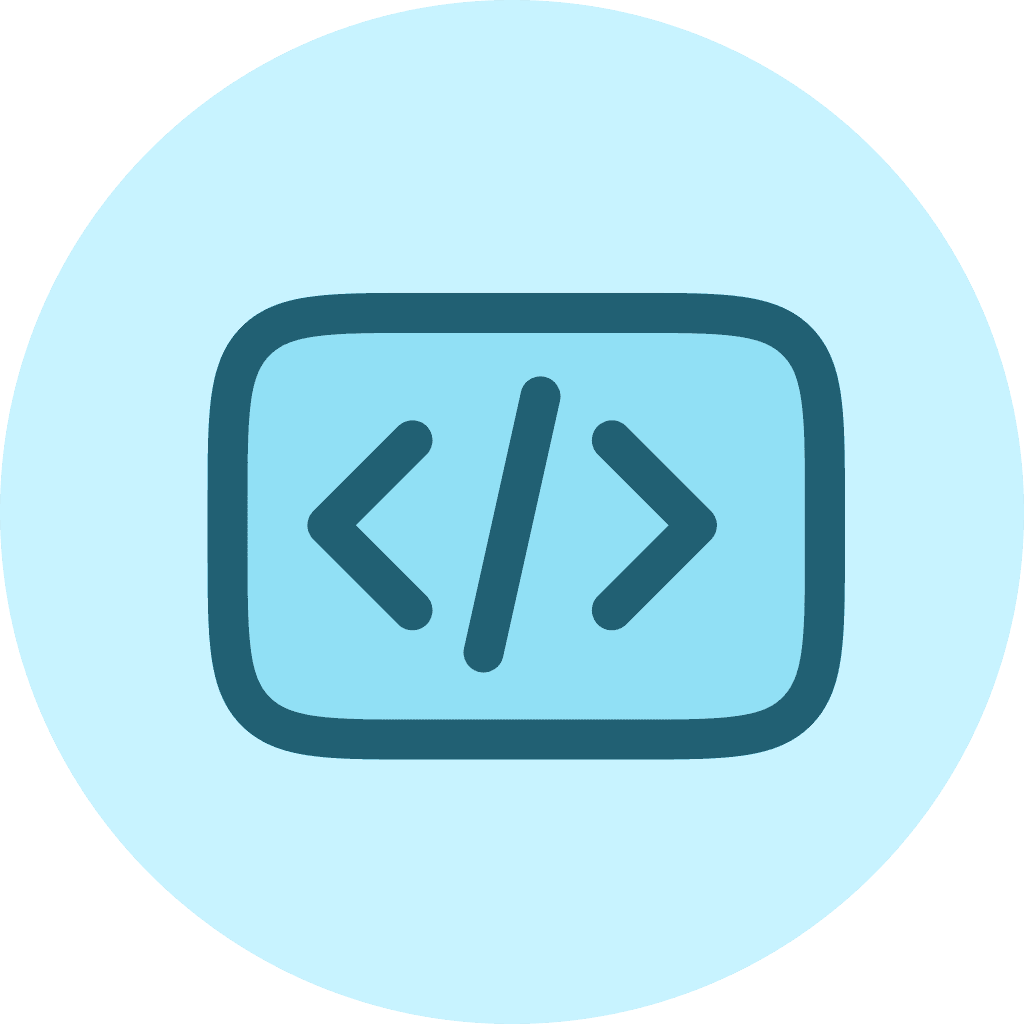The technology stack for a full-stack developer typically includes a combination of programming languages, frameworks, libraries, and tools for both front-end and back-end development. Here’s a common technology stack for a full-stack web developer:
Front-end (Client-side):
1. HTML/CSS: Markup and styling languages used for creating the structure and visual presentation of web pages.
2. JavaScript: A programming language for adding interactivity and dynamic content to web pages.
3. Front-end Frameworks: Popular frameworks like React, Angular, or Vue.js to streamline development and manage complex UI components.
4. CSS Preprocessors: Tools like SASS or LESS to enhance the capabilities of CSS.
Back-end (Server-side):
1. Server-side Language: Examples include JavaScript (Node.js), Python, Ruby, Java, PHP, or Go.
2. Back-end Frameworks: For Node.js, Express.js is common, while Python developers may use Django or Flask, Ruby developers might use Ruby on Rails, etc.
3. Database: SQL databases like MySQL, PostgreSQL, or NoSQL databases like MongoDB, depending on the application’s needs.
4. API (Application Programming Interface): To enable communication between the front-end and back-end, typically using REST or GraphQL.
Version Control:
1. Git: A widely used version control system to track changes and collaborate with other developers.
Deployment:
1. Web Servers: Such as Nginx or Apache, to serve the web application.
2. Cloud Services: Like AWS, Azure, or Google Cloud, for hosting and scaling applications.
3. Containers: Docker for containerization, enabling easier deployment and management.
Other Tools:
1. Package Managers: npm for Node.js, pip for Python, etc., to manage dependencies.
2. Task Runners: Such as Gulp or Grunt to automate repetitive tasks during development.
3. Testing Frameworks: Like Jest, Mocha, or Jasmine for writing and running tests.
4. Integrated Development Environment (IDE): Popular choices include Visual Studio Code, Int



